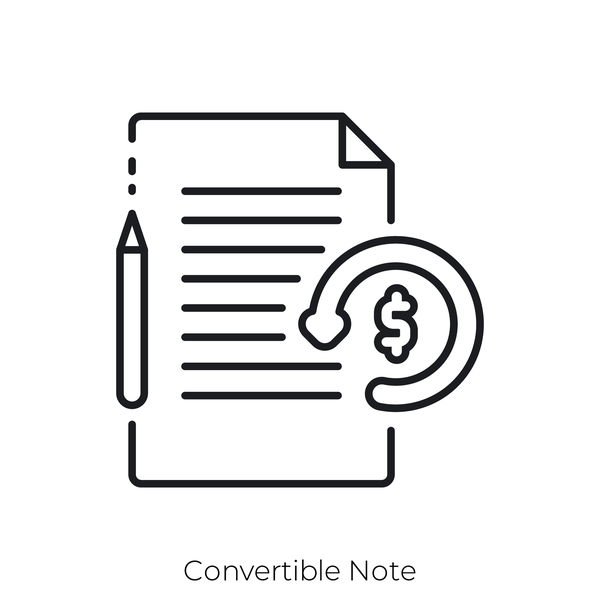“Debt or equity?” That is the question many early stage founders face when raising capital. While SAFEs[1] may be the instrument of choice for many early stage companies today, some investors still prefer a traditional convertible note. A convertible note is a debt instrument that needs to be repaid—typically through cash or shares of a company. Convertible notes are a way for seed investors to invest in a company, usually startups, that are not ready to place a valuation on the company. Or to define in lay terms, a convertible note is a type of debt that converts into equity when a startup reaches an agreed-upon milestone. This milestone is usually the company’s next equity financing (e.g., priced funding round).
The Role of Maturity Dates in Convertible Note Agreements
Convertible notes have a maturity date. A maturity date is the date certain that the convertible note must be repaid. Convertible notes are structured similarly to a loan, with the exception that they typically automatically convert into shares of a stock upon a specified event, alleviating the need to repay the underlying cash amount.
Understanding Valuation Caps, Discounts, and Interest in Convertible Notes
Convertible notes help a company by providing a capital foundation prior to a company valuation and raising a priced funding round. Not only do these notes help startups focus solely on growing their business without having to pay debts immediately, but they are also a fast way to raise money, and convertible notes bypass the need to issue equity by using debt. There is also a benefit to investors. One such mutual benefit is that it does not force an investor or startup to determine the value of the company when there might not be much to do a valuation on.
How Valuation Caps, Discounts, and Interest Affect Convertible Note Conversion
In addition to the maturity date, important terms of a convertible note include the valuation cap, discount rate, and interest rate. An investor usually gets the benefit of the valuation cap or the discount rate or both, plus the interest rate at conversion. The valuation cap is a mechanism that caps the maximum company value at which a convertible note converts into equity.[2] On the other hand, the discount rate is a discount to the valuation the company receives in its priced financing round that allows an investor to purchase the equity securities at a price below that of paid by the equity investors. The discount rate offers downside protection in the event the valuation in the priced offering is lower than the valuation cap in the convertible note. Finally, similar to a traditional loan agreement, convertible notes accrue at a pre-determined interest rate that can be applied to the principal invested, which will then increase the number of shares issued to an investor at conversion.
Overall, convertible notes are a great option for startups that can benefit from seed funding and do not otherwise have access to equity or traditional debt funding. They are also simple in structure, of lower risk, all while being efficient. Financing with convertible notes is generally faster and less expensive in comparison to other measures that might require additional documentation which a startup may not necessarily have available right away.
Please contact us if you have any questions regarding why a convertible note may be the best tool for your upcoming fundraising efforts.
By NEXT Co-Chair Larry Bard and NEXT Associate Hunter Haines.
[1] https://www.shulmanrogers.com/news-events/what-is-a-safe-note/
[2] E.g., if the priced round has a valuation of $20,000,000 and the convertible note has a valuation cap of $10,000,000, the convertible note will convert at a valuation of $10,000,000.

